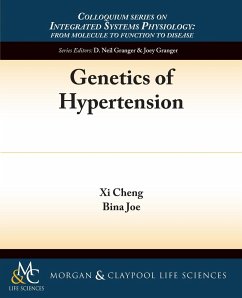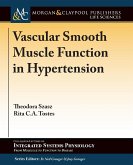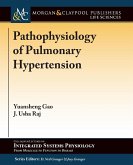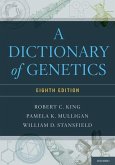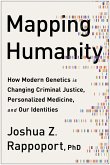Hypertension, or elevated blood pressure, is a major risk factor for various cardiovascular, renal diseases, and stroke. The form of hypertension with no identifiable cause is referred to as Essential Hypertension. Familial studies indicate that Essential Hypertension is heritable and, thereby, classical genetic approaches have been applied on both human and other mammalian models of hypertension to map the locations of the allelic variants within quantitative trait loci for blood pressure. The post genome era has further elevated this area of research into large-scale genome-wide association studies of hypertension in humans. Collectively, these studies have resulted in the prioritization and cataloging of several genomic regions containing allelic variants as candidates linked or associated with essential hypertension. Further, they are providing evidence to suggest that the inheritance of hypertension is rather complex, encompassing multiple variants both within protein-coding and non-coding annotations, each of which may act independently or interactively with other genes and/or environmental factors to differentially regulate blood pressure. This book provides an overview of the various methods employed to study the genetics of hypertension and discuss the progress and prospects of this area of research that may contribute towards individualized clinical management of hypertension in the future.

